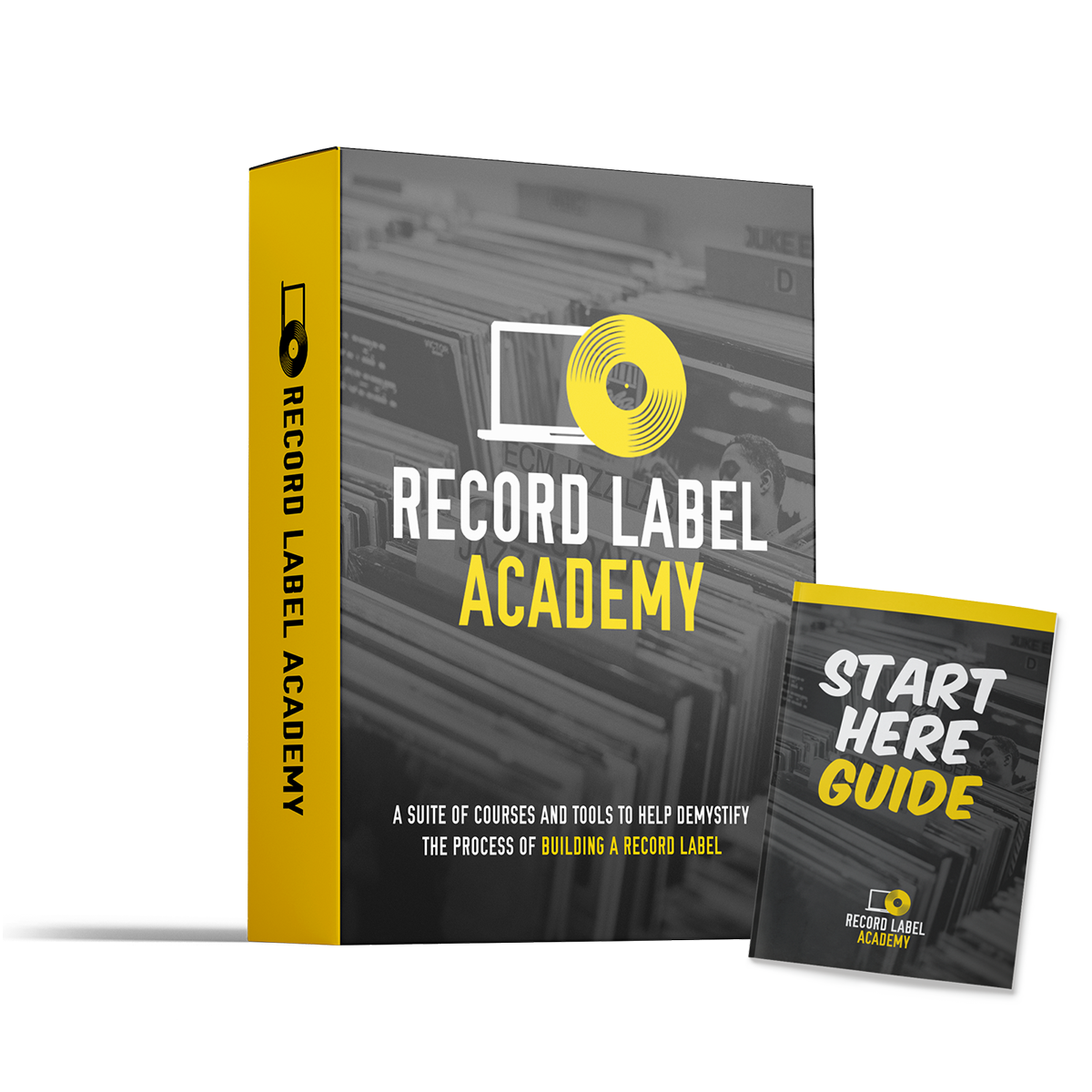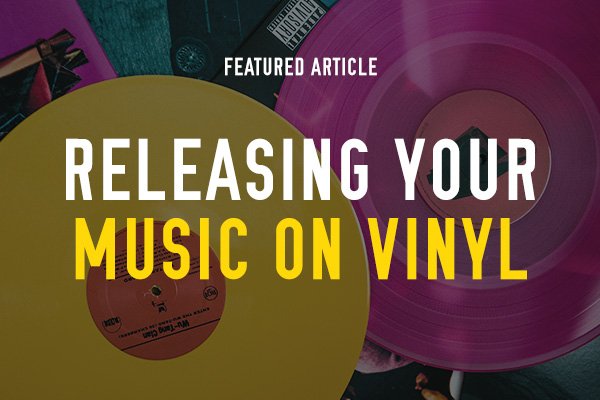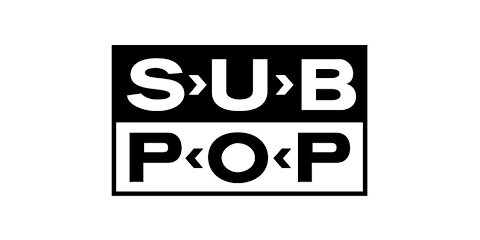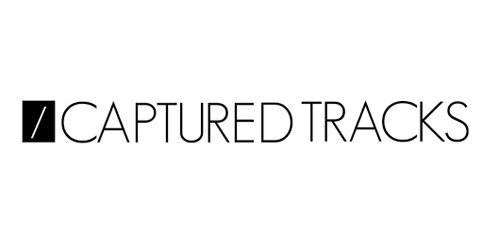
Why Do We Release Music
On Fridays?
Let's deep dive into the history and context of why record labels and distributors release their new releases on Fridays…
Have you ever wondered why we release music on Fridays?
The music industry has undergone significant changes over the years, including shifts in the way new music is released and promoted. From the traditional Tuesday release day in the United States to the current global release day on Fridays, record labels and artists have had to adapt to new strategies to maximize sales and exposure.
For small independent record labels, the choice of release day can be especially crucial, as they may have fewer resources and face increased competition in a crowded market.
In this article, we will explore the pros and cons of releasing music on different days of the week, and provide strategies for small independent record labels to navigate the changing landscape of the music industry.
The History…
For several decades, record labels in the United States released new music on Tuesdays (or whenever the record would arrive in shops), a tradition that was widely followed across the industry.
In the 1980s, Billboard magazine began publishing its weekly charts on Wednesdays, which meant that record labels had to get their new releases into stores by the preceding Tuesday in order to be eligible for chart consideration.
Additionally, Tuesday was a strategic day for record labels because it allowed for maximum sales over the weekend, as fans had the opportunity to hear new releases on the radio and decide to purchase them in stores during the week.
From Tuesdays to Fridays…
In 2015, the music industry shifted from releasing new music on Tuesdays in the United States and Mondays in the United Kingdom to a new global release day on Fridays. This change was largely driven by the rise of digital music consumption and the need for a coordinated global release strategy.
Prior to the shift, fans in different parts of the world could access new music at different times, leading to piracy and inconsistent chart performance. The new global release day aimed to create a level playing field for all artists and labels, and also catered to the way people consume music in the digital age, where streaming services such as Spotify and Apple Music release new music on Fridays.
The change also allowed for better marketing opportunities, as labels could promote new releases globally on the same day, creating a larger impact and maximizing exposure. While the shift was met with some resistance and criticism, the new Friday release strategy has largely become the industry standard.
The Pros and Cons of Fridays…
Releasing new music on a Friday has several pros and cons for artists and record labels. The benefits of a Friday release include the ability to maximize sales and chart performance over the weekend (if that matters to you), as well as a coordinated global release strategy that can lead to increased exposure and marketing opportunities.
Friday releases also align with the way people consume music in the digital age, as streaming services release new music on that day.
However, a Friday release can also lead to more competition, as more artists and labels are vying for attention on the same day. Ultimately, the decision to release on a Friday, Tuesday, or Monday depends on the specific goals and strategies of each artist and label.
Not only that, but Fridays in the summer (or around holidays) can be an extremely difficult time to get the public’s attention.
Implications for Indie Labels…
For small independent record labels, it is important to carefully consider their release strategy based on their goals and resources.
While a Friday release can be beneficial for maximizing exposure and chart performance, it may also lead to increased competition and be more difficult for physical sales. In contrast, a Tuesday or Wednesday release may allow for better physical distribution, but may not align with the way people consume music in the digital age.
One strategy for small independent record labels is to consider a staggered release, where physical copies are made available earlier in the week, while digital releases are coordinated for a Friday release. This can allow for better promotion and marketing opportunities, while still catering to physical sales.
Ultimately, the best approach will depend on the specific needs and goals of each artist and/or release, as well as the preferences of their target audience.
The music industry is constantly evolving…
…and the choice of release day can have a significant impact on the success of an artist or label.
While a Friday release has become the industry standard, small independent record labels should carefully consider their goals and resources when planning their release strategy.
Whether it's a staggered release or a different day of the week, there are a variety of approaches that can be effective for maximizing exposure and sales.
By understanding the pros and cons of different release strategies and staying up-to-date on industry trends, small independent record labels can succeed in a rapidly changing music landscape.

WATCH THIS EPISODE
WHY DO WE RELEASE MUSIC ON FRIDAYS?

Free Guide to Running a Record Label.

New Music Fridays
Glossary
Release Day: The day on which a new music album or single is made available to the public.
Global Release Day: A coordinated worldwide release strategy for new music on a specific day, currently on Fridays.
Chart Eligibility: The requirement for a new release to be available in stores for a certain amount of time before it can be considered for chart placement.
Digital Music Consumption: The way music is consumed through digital platforms such as streaming services, downloads, and social media.
Physical Sales: The sale of music in physical formats, such as CDs and vinyl records, through retailers and record stores.
Marketing Opportunities: The various ways in which a new release can be promoted to the public, including social media campaigns, radio play, and live performances.
Staggered Release: A release strategy that involves making physical copies available earlier in the week, while digital releases are coordinated for a Friday release.
Crowded Market: The highly competitive landscape of the music industry, where many artists and labels are vying for attention and sales.
DSPs: Digital Service Providers, which include streaming platforms such as Spotify, Apple Music, and Amazon Music.
International Federation of the Phonographic Industry (IFPI): An organization representing the global music industry, including major and independent record labels, that promotes the value of recorded music and advocates for the rights of music creators.

RECORD LABEL
ACADEMY
The Complete A to Z of Building and Growing an Independent Record Label.


RECORD LABEL
ACADEMY
Instant Lifetime Access to all our courses, books, and templates!
-
How to Start a Record Label (Online Course)
Record Label Marketing Strategies (Online Course)
Record Label Decision Tool (Online Course)
Profitable Record Label (Online Course)
All 8 Micro Courses
All 8 Micro eBooks
How to Start a Record Label (eBook)
Record Label Marketing Strategies (eBook)
Tons of bonus templates and extra resources
Helpful Articles for Record Labels
Other Record Labels Podcast
Featuring interviews with…



















